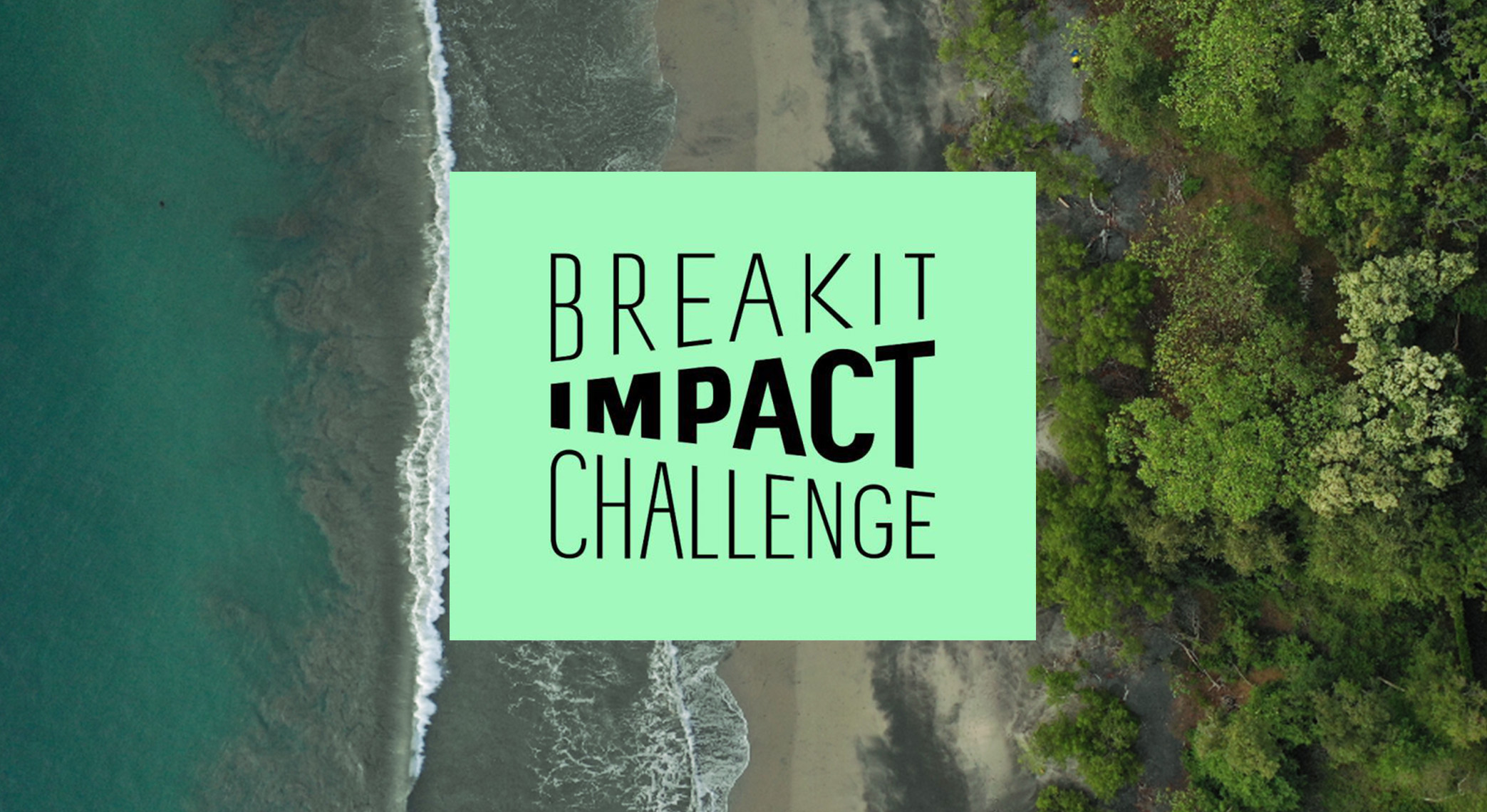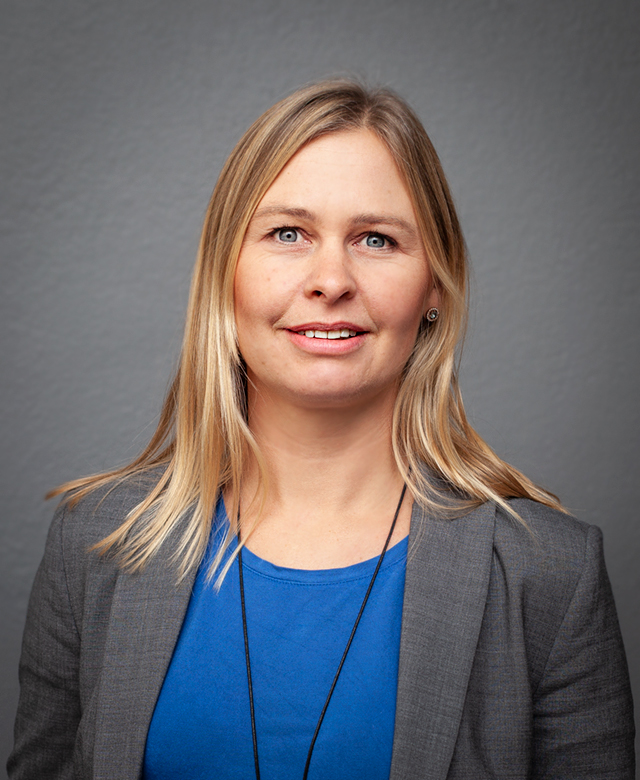Spring takes on the Breakit Impact Challenge
27 May 2019

With climate change looming over us all, Breakit has issued a challenge to its readers – the digital business world – to do their very best to become climate-aware and, in the long run, become climate-neutral.
At Spring we accept the challenge, and will work towards becoming a more sustainable company. There are lots of reasons to do what we can so that we, and the country, can become climate adjusted. To begin with, we have established a travel policy for our employees, which is the first task for the companies participating in the challenge. Breakit lists six points that illustrate how important the issue really is (list is taken directly from Breakit Impact Challenge ):
- Sustainable companies are more profitable. Several studies, among others this one, from Robert G Eccles at Harvard, have established this hopeful fact.
- A sustainable profile can also help you recruit the best. According to a Sifo study issued by Swedbank, companies that make an effort to be sustainable are vastly more attractive as employers.
- Seven out of ten swedes are ready to pay more for a product or service if they know that the company that produces it works to limit climate change according to a study by Naturvårdsverket.
- The Paris accord dictates that the global increase in temperature has to be kept below 2 degrees, and we will work for it to stay at 1.5 degrees. That means everyone has to help, including companies.
“It is not impossible to limit the heating to 1.5 degrees. But that does require a never before seen effort by all of society” said Hoesung Lee, spokesperson for UN:s climate panel IPCC at the end of 2018. - If the heating does reach 2 degrees (the medium temperature has already increased by 1 degree since pre-industrial levels) the consequences will have a drastic effect on hundreds of millions of people, according to the IPCC.
- Swedens emissions has been reduced by 26 percent since 1990, but only 0,5 percent between 2016 and 2017, according to Naturvårdsverket.
Want to discuss
a project?

+46 72 - 507 33 33

